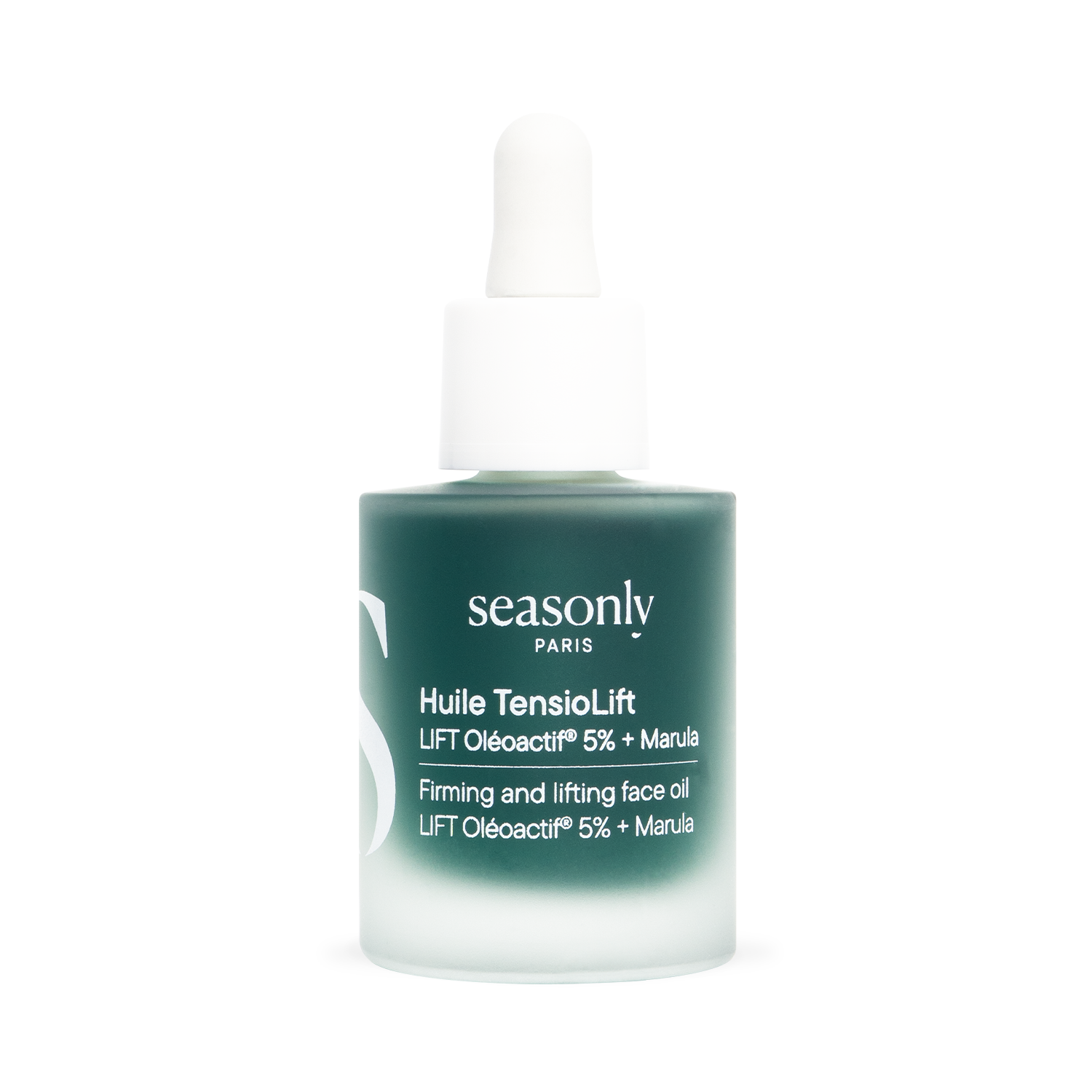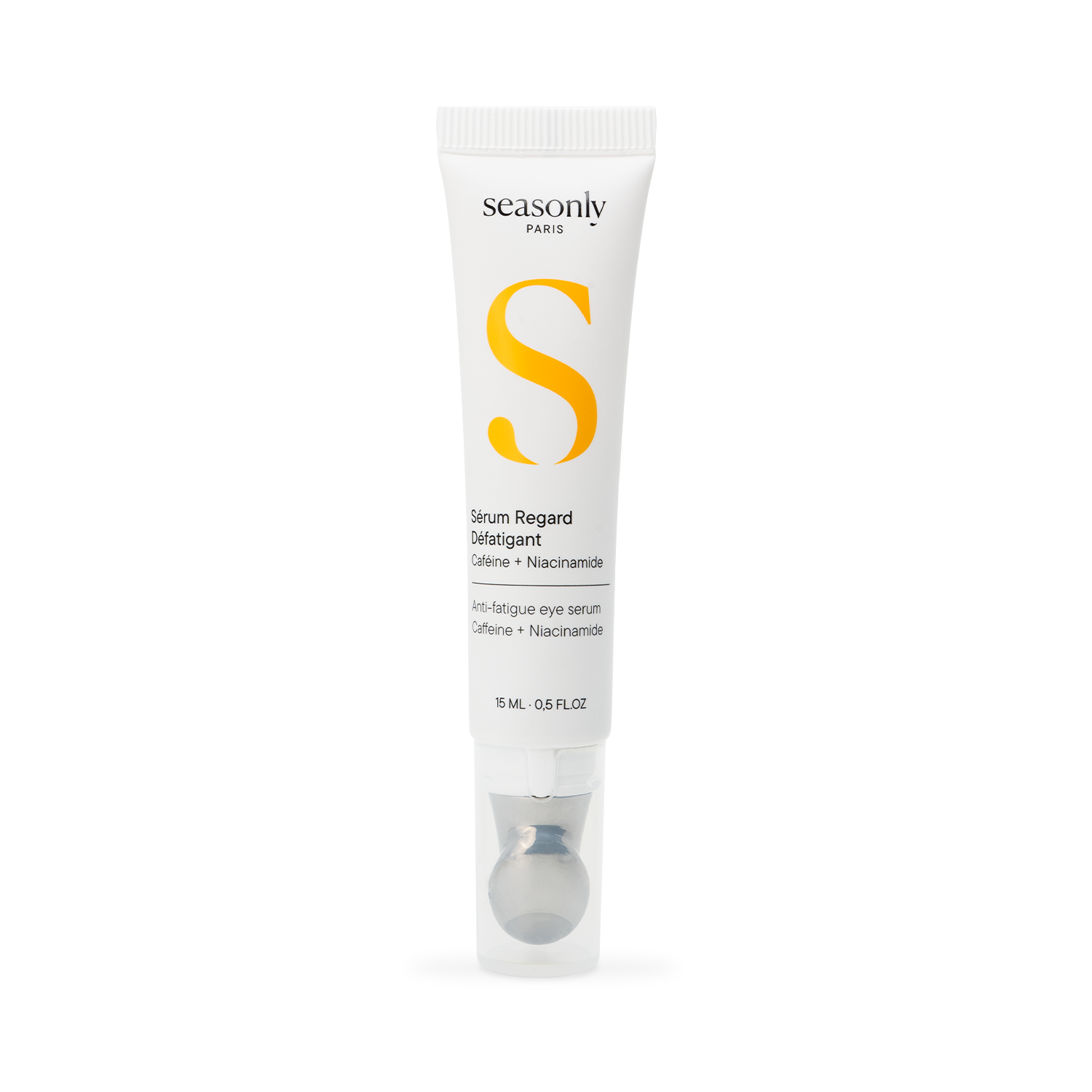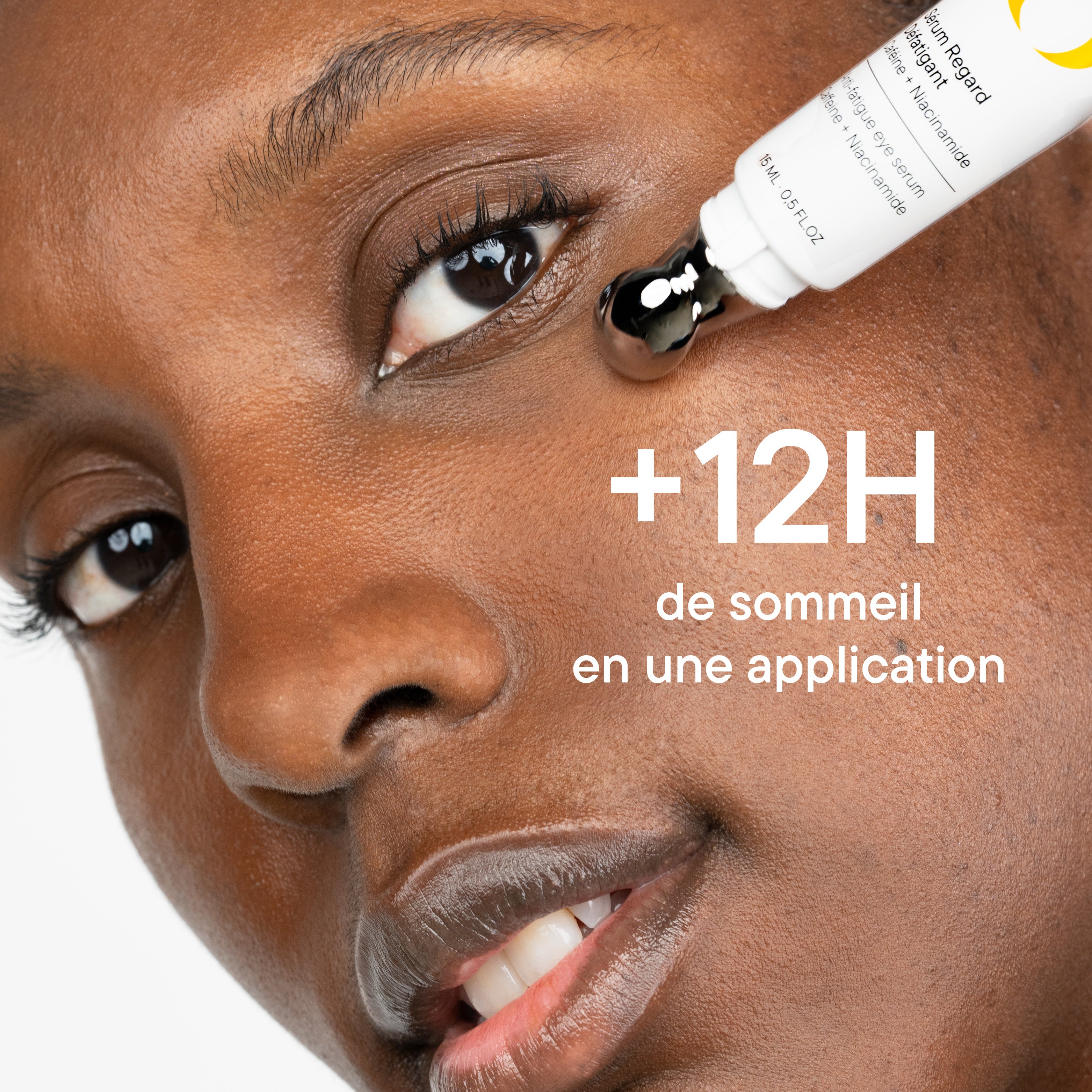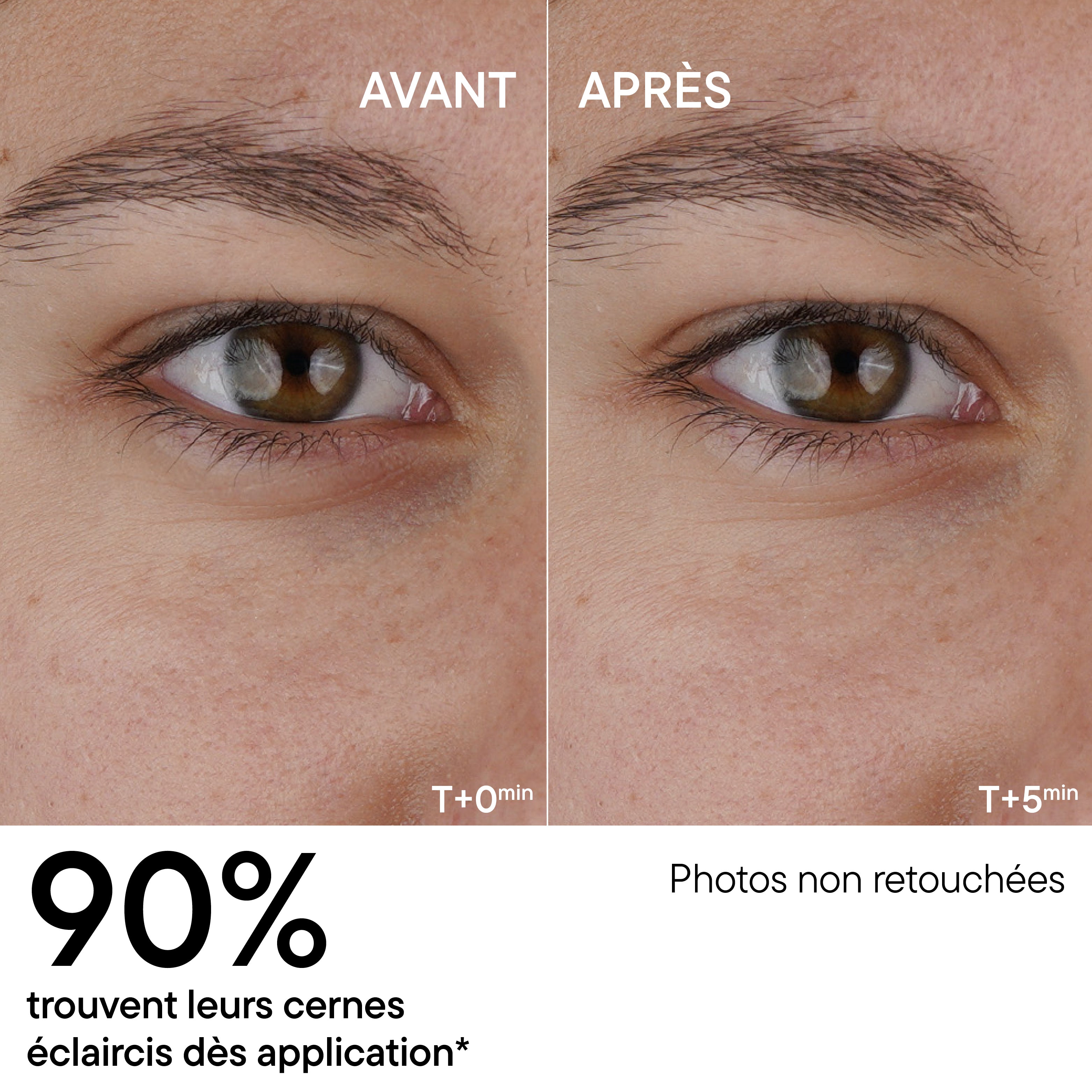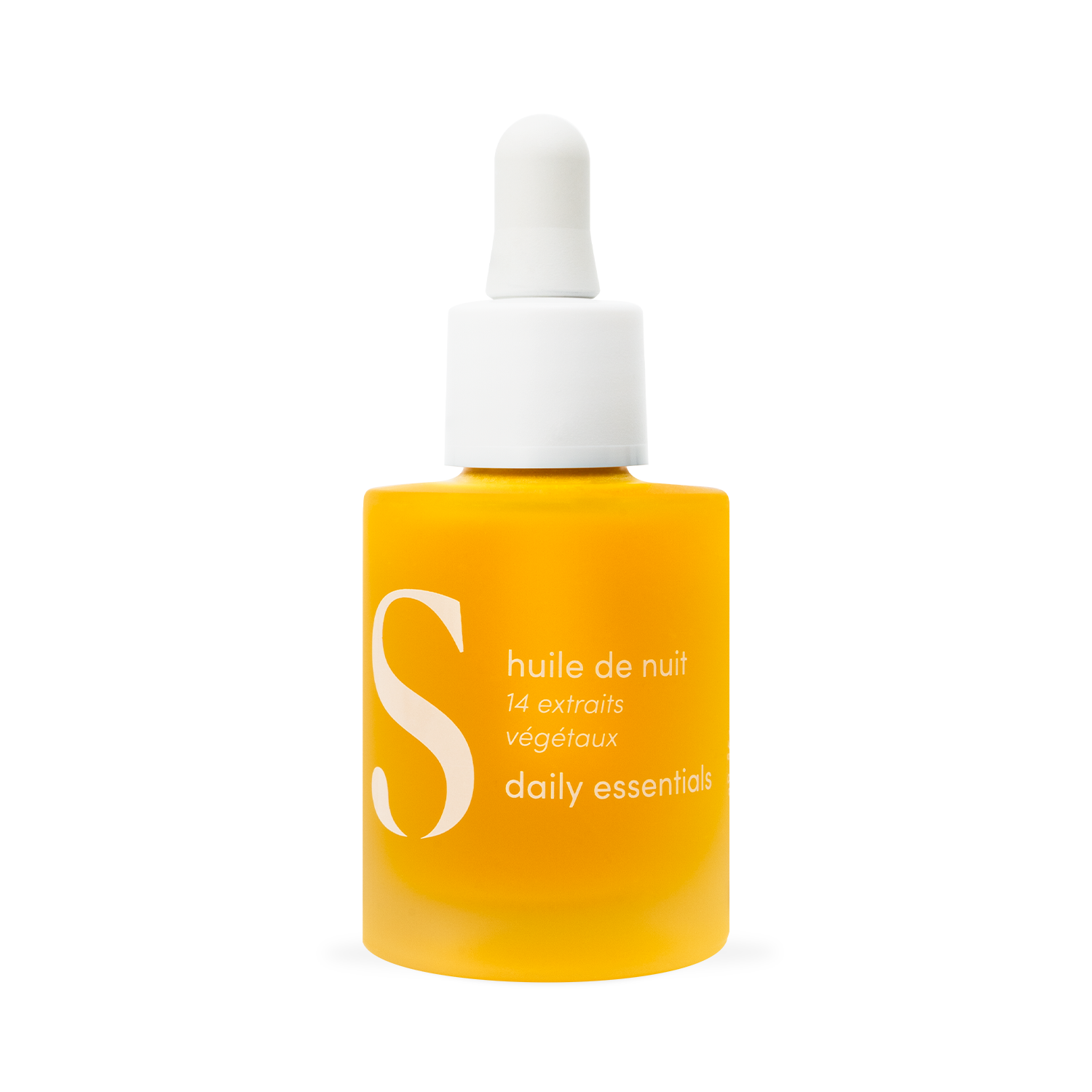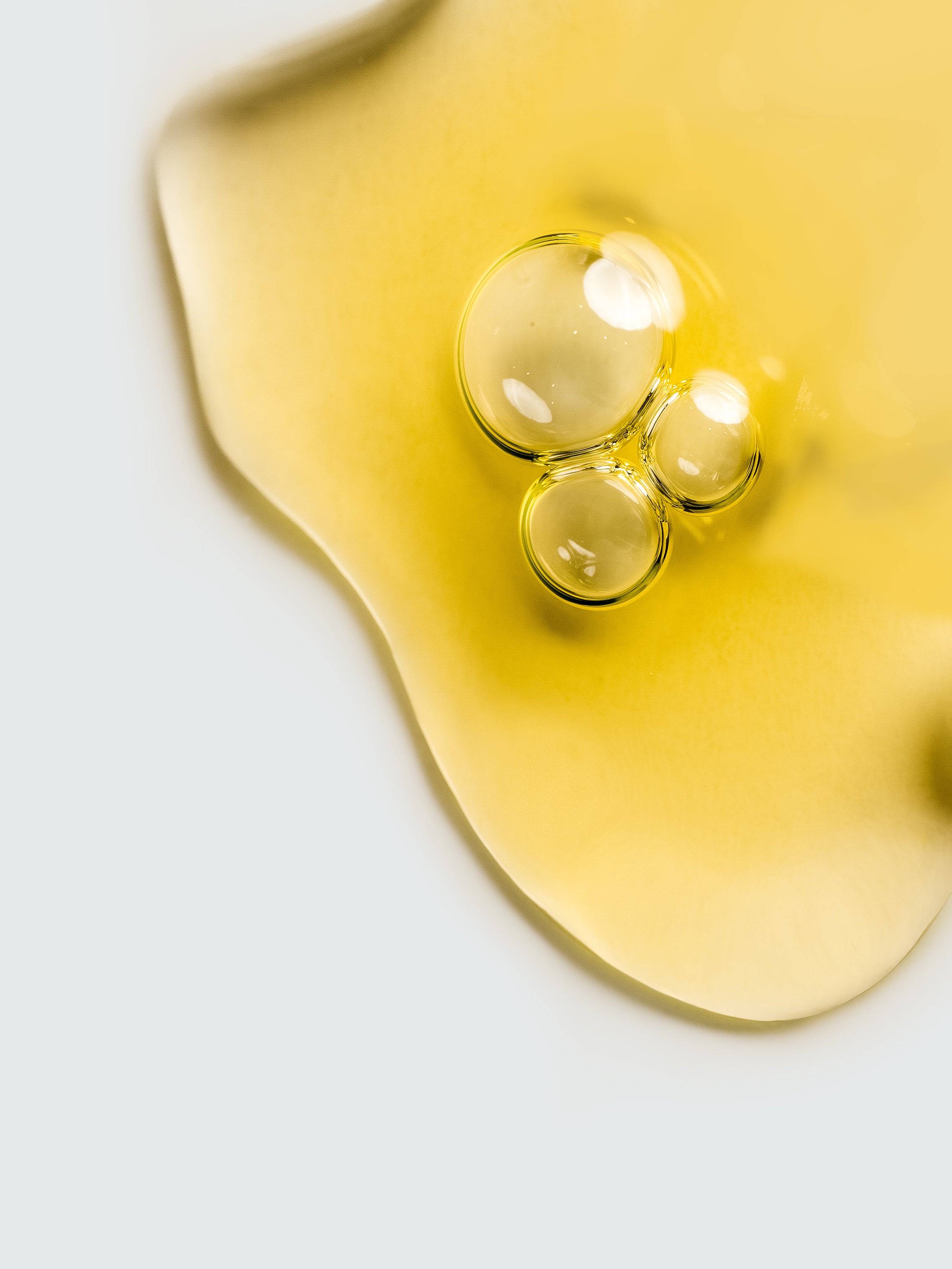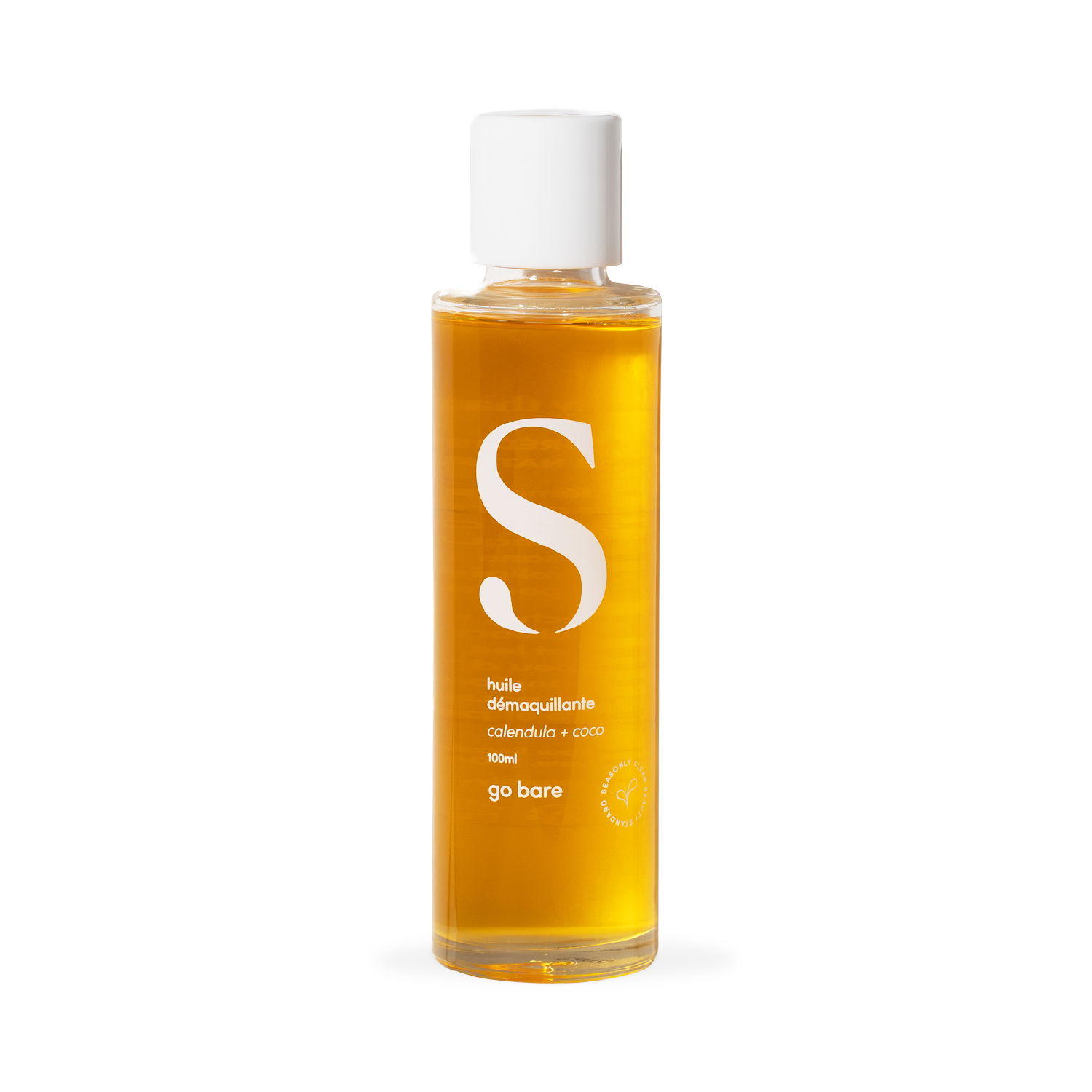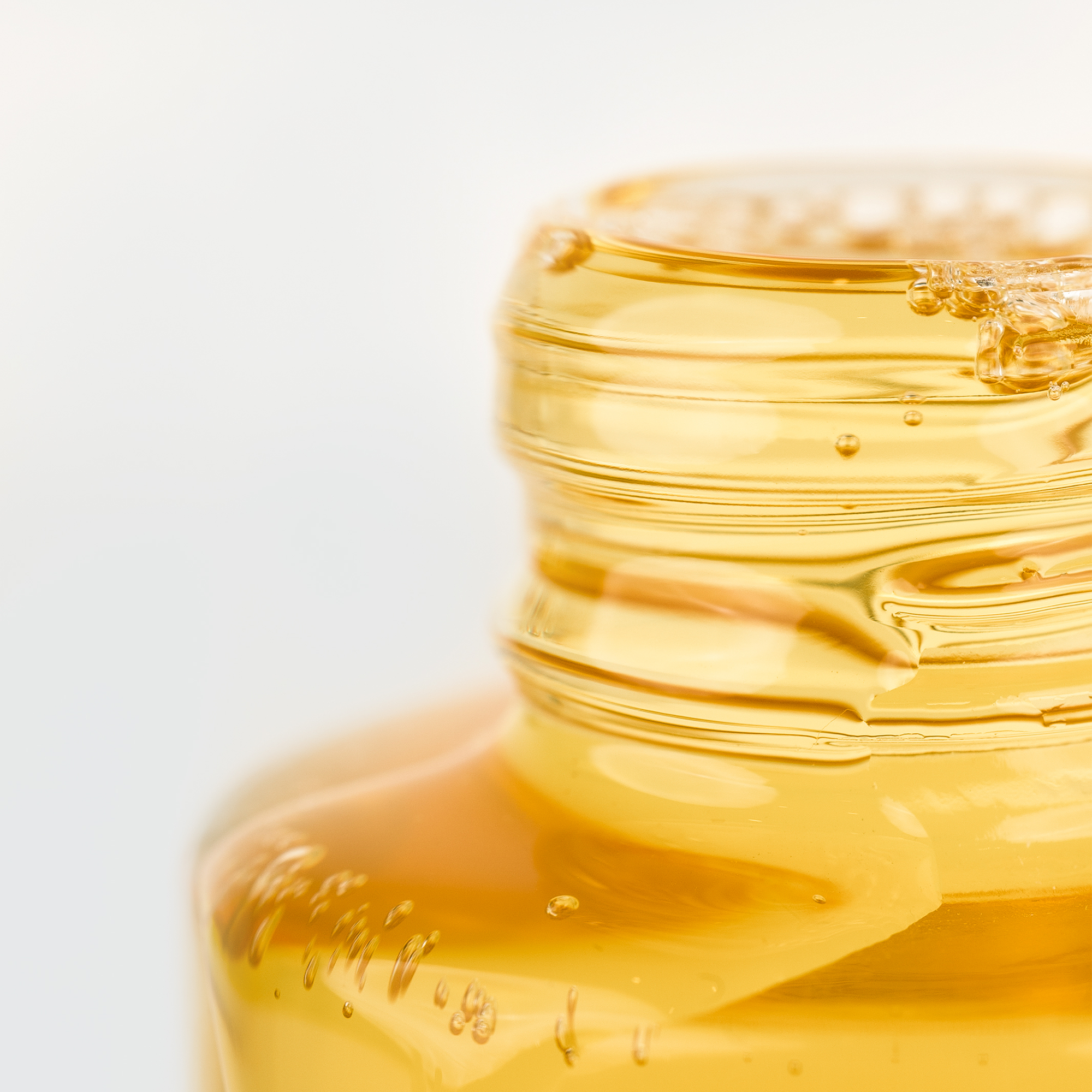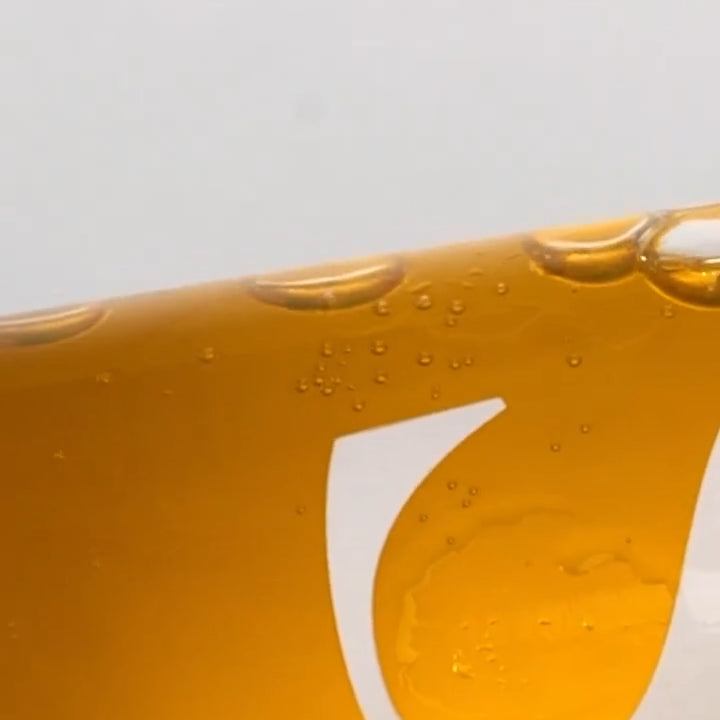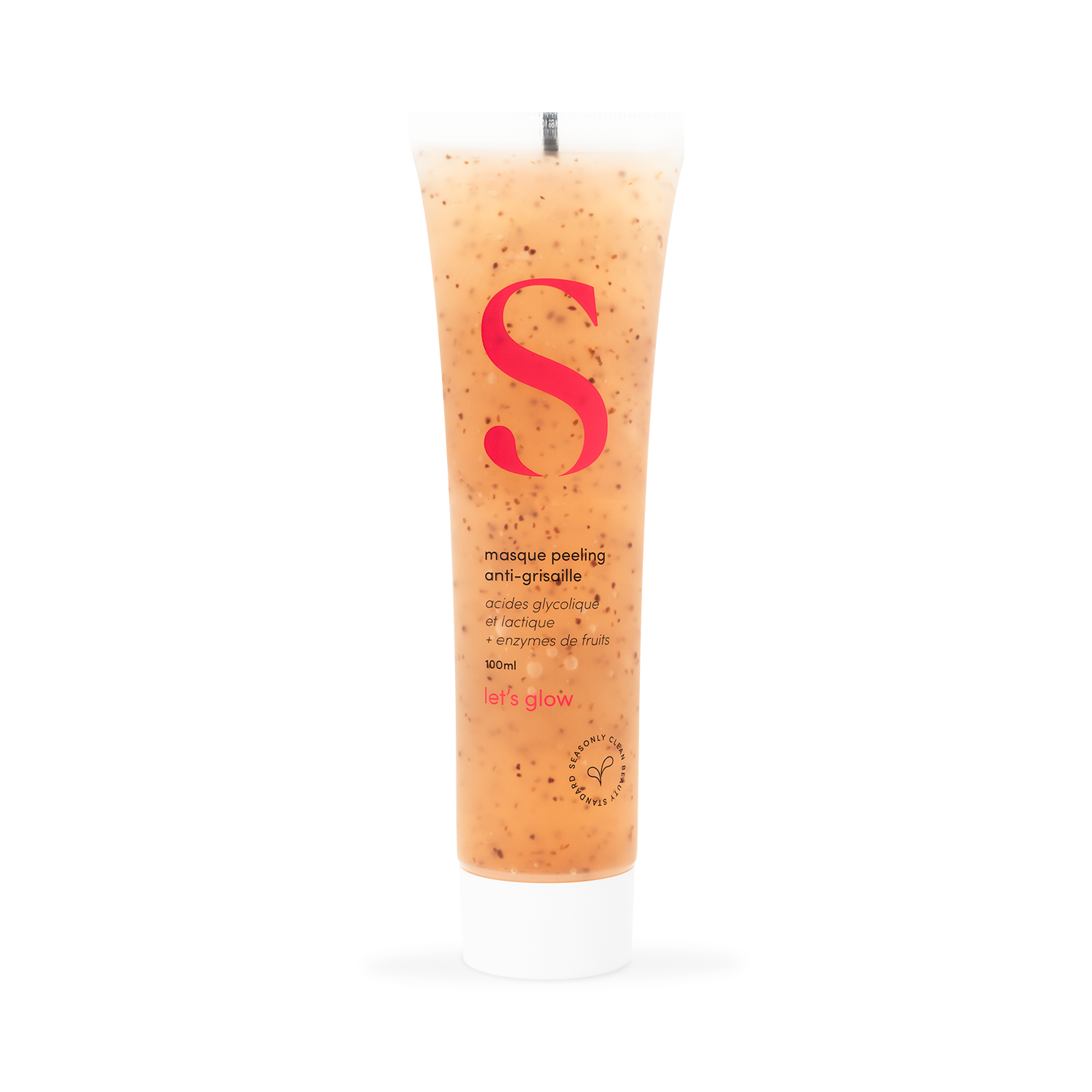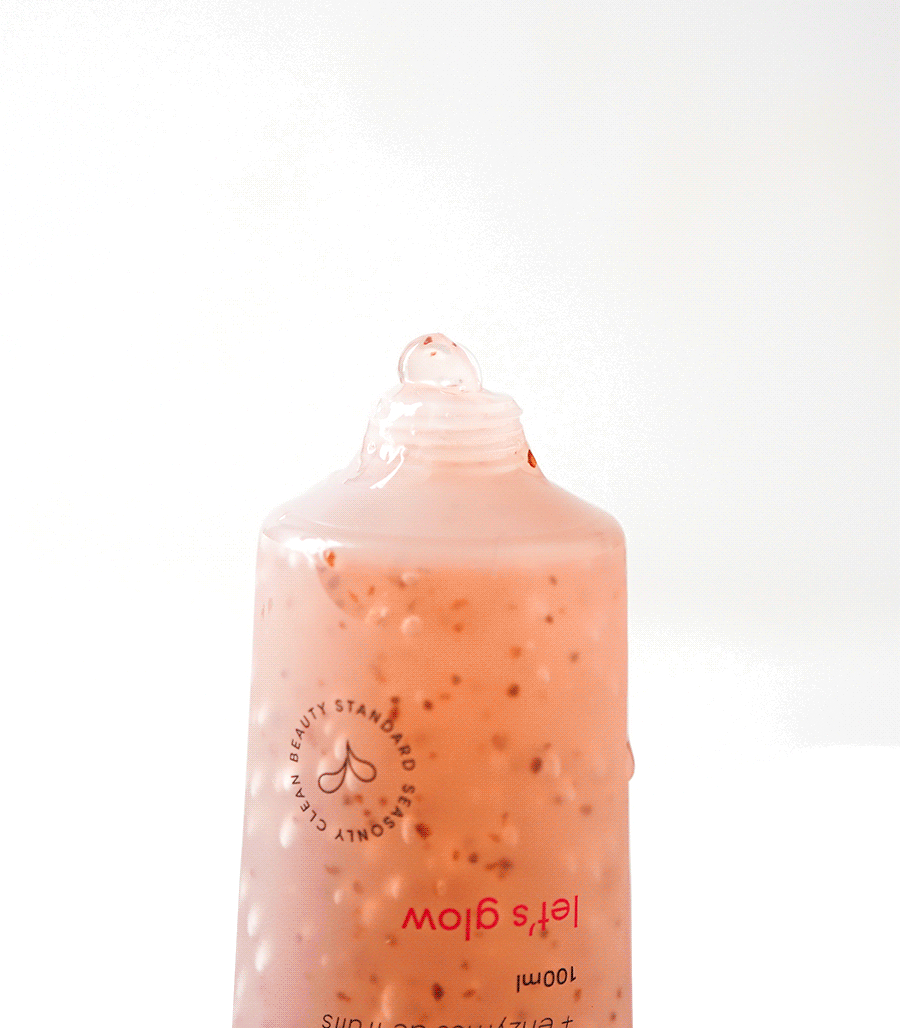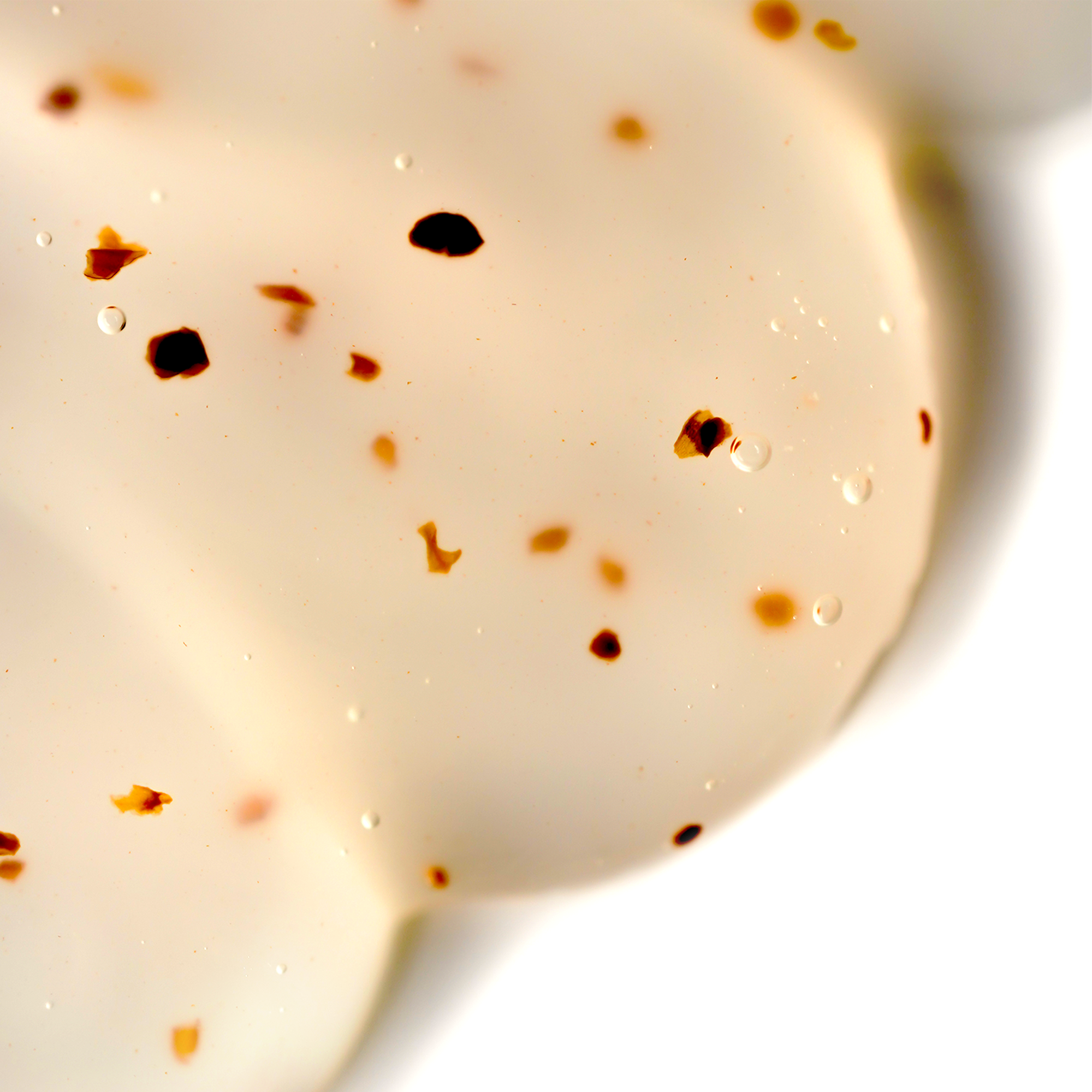5 tips to counter the effects of heat on the skin
It’s FINALLY summer. With an Indian summer in July, we didn’t have to worry about our heat tolerance and its effect on our bodies. But now, the temperatures are rising and we sometimes find ourselves wondering why our faces are sweating so much?
You don't need us to tell you that sweating, which helps your body regulate its temperature, is completely normal and natural. However, it can be uncomfortable and embarrassing, especially if you wear makeup. You've also probably noticed that your pores are dilated and your skin is quickly dehydrated.
Don't panic: we've gathered 5 tips from dermatologists to control the effects of sweat on your skin.
But first of all, let's do a little reminder about perspiration.
Sweating, or perspiration, is a natural process essential for regulating body temperature. It is produced by two types of glands: eccrine and apocrine. Eccrine glands, found on most of the body, secrete sweat composed mainly of water and salt to cool the body through evaporation. Apocrine glands, located in the armpits and groin, produce a thicker, more odorous sweat. Sweating is triggered by a variety of factors: heat, exercise, emotions, stress, and hormonal changes. Although uncomfortable, sweating is vital for maintaining a stable body temperature and eliminating certain toxins.
Understanding your sweating type
First of all, it is important to distinguish between sweating (which is completely normal when you are hot or exercising, for example) and excessive sweating.
If you find yourself sweating frequently when your body doesn't need to cool down, you may be suffering from a condition called hyperhidrosis. If excessive sweating is negatively impacting your life, it's best to see your doctor to rule out any underlying causes rather than self-diagnosing.
We change the texture of our products
Let's say your face sweats uncomfortably when you're hot. In that case, the first thing to do is review your moisturizer or sunscreen, avoiding certain occlusive ingredients that create a barrier on the skin and trap heat. Instead, opt for lightweight, fluid formulas, such as gels, that are free of heavy oils, thick ingredients like shea butter, or petroleum jelly.
Look for moisturizers that contain humectants (ingredients that draw moisture into the skin) and light emollients (which soften and soothe dry skin), rather than heavy, occlusive emollients.
Good assets
Hyaluronic acid, glycerin, and panthenol are effective moisturizing ingredients that, in addition to hydrating the skin, are less likely to retain heat and cause a feeling of heat and sweating. Ceramides, lipids essential for maintaining the integrity of skin cells, also play a protective role. By incorporating these ingredients into your skincare routine, you can help minimize discomfort caused by heat.
Use waterproof makeup
To avoid the unpleasant sensations of makeup that "runs" under the effect of humidity and perspiration, favor waterproof makeup. This will allow you to have more peace of mind and above all to have less movement of material.
Have a small "first aid" kit
In summer, take a small face towel and/or blotting paper with you. This will allow you to dab your face during the day to avoid the unpleasantness of sweating. This will allow you to calm the feeling of heat and instantly mattify the skin.
We hydrate ourselves
You might think that drinking less water would help reduce facial sweating, given that sweat is mostly water. However, experts say it could have the opposite effect.
In fact, dehydration can lead to increased sweating, as the body tries to compensate for the lack of fluid by producing more sweat to regulate its temperature. This is called thermoregulation: when the body gets too hot, it sweats to cool itself down. Restricting our fluid intake can therefore increase body temperature.
It is therefore recommended to drink between four and six cups of still water per day. For your skin, opt for a hydrating mist during the day to limit dehydration. It will keep your skin hydrated and help reduce sweating.






